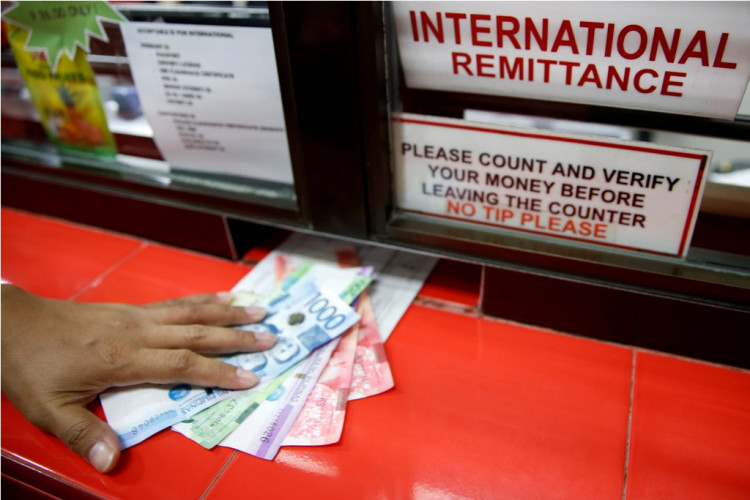Overseas Filipino workers (OFWs) have long been helping the Philippines grow economically but analysts pointed out that strict credit bureau-to-bureau information exchange policies may keep Filipinos working abroad from participating further in growing the local credit economy.
TransUnion Philippines President and CEO, Pia Arellano told The Sun Star that the Philippines still has a long road to take in terms of profiting from cross-border data sharing policies. However, she noted that there is a need to ease up on tight international regulations so OFWs can have better opportunities.
For Arellano, helping OFWs with credit-related issues can result in "tangible economic benefits for the Philippines." She said that this is one of the consumer credit reporting agency's priorities at the moment - assisting Filipinos who are working abroad to have their remittance information pass international regulations.
The Bangko Sentral ng Pilipinas (BSP) revealed in its annual report that remittances made by OFWs reached a stellar $32.21 billion last year. This is an all-time record. Industry analysts believe that the numbers will grow further in the coming years.
In many countries, the exchange of credit data upon the request of a client is an issue that has yet to be institutionalized. Many OFWs who want to use their remittance data to obtain loans get rejected during the application process due to lack of documentation.
Arellano said that allowing for remittance information to be shared among credit bureaus around the world could encourage credit economy participation among overseas workers not just from the Philippines but also those who hail from other countries.
Aside from a boost in the credit economy, OFWs raising their living standards through credit could play a key role in driving the Philippines' economy to greater heights. Whether through future investments or local spending, OFWs are said to be major drivers in economic development.
Earlier this month, multiple local outlets revealed that OFW remittances further increased in January. According to The Philippine Star, remittances to the Philippines made by overseas workers increased by 3.4 percent in January, amounting to $2.74 billion, the BSP said.
BSP Governor Benjamin Diokno pointed out that the numbers translate to the strongest growth margin yet since the segment recorded a 2.4 hike in November. Experts predicted that the remittance sector will continue to balloon in the coming year as more OFWs lean on this service for sending money to relatives and friends.
Diokno further said the most money-sending transactions came from the United States while Saudi Arabia and Singapore followed behind. Other countries where remittances made solid figures are Qatar, Hong Kong, Kuwait, Canada, Japan, the United Kingdom, and the United Arab Emirates (UAE).






